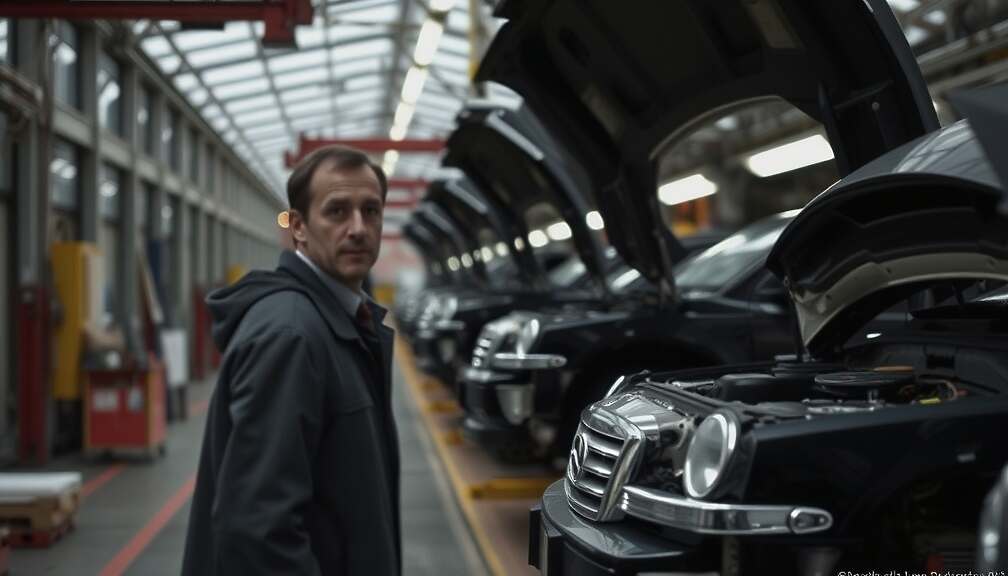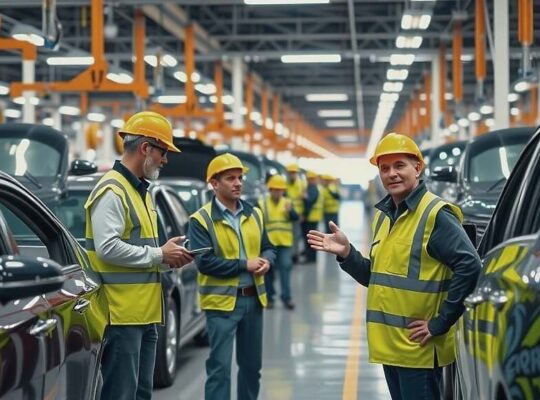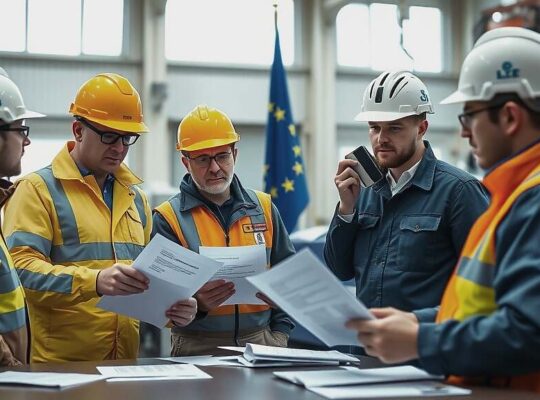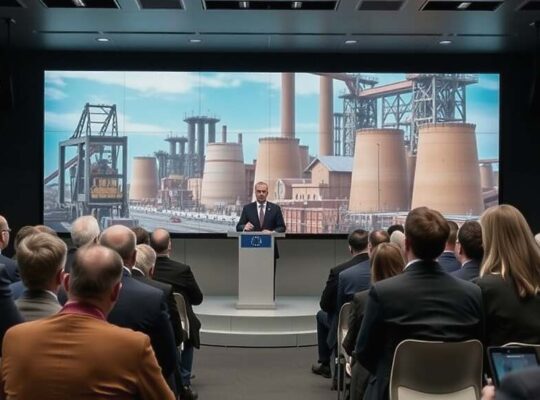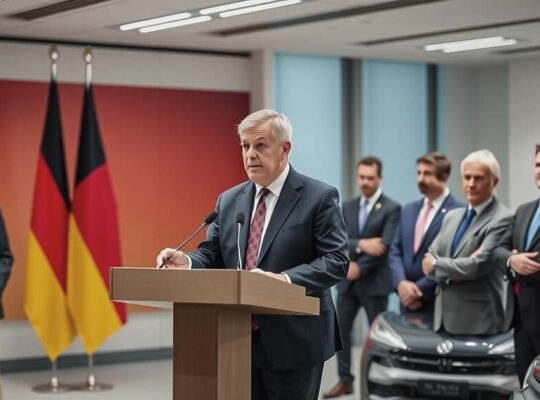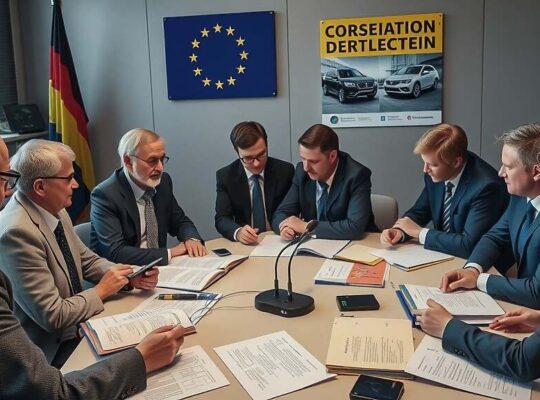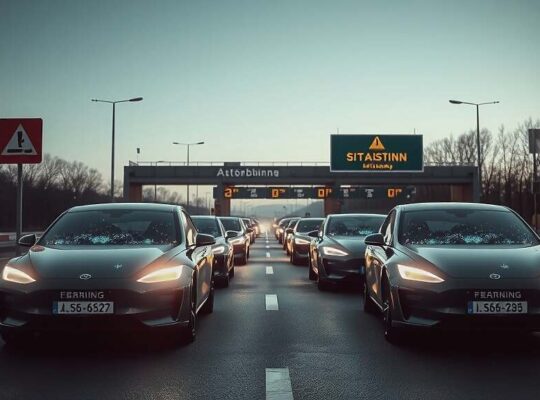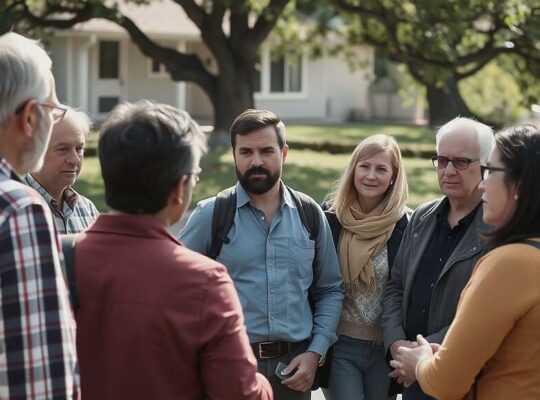The German government is actively exploring new measures to bolster its struggling automotive industry ahead of a critical summit convened this Thursday. Discussions between the ruling coalition – comprising the Christian Democratic Union (CDU) and the Social Democratic Party (SPD) – are centering on a potential linkage between support for German automotive giants and assistance for the domestic steel sector, sparking debate about European industrial policy and the delicate balance between climate targets and economic stability.
At the heart of the proposed strategy is a potential concession within the European Union’s emissions targets. Government sources indicate that the EU may offer leniency on CO2 reduction obligations for automakers who utilize “green steel” predominantly sourced from within Europe. This plan is gaining traction as the EU increasingly embraces a “Buy European” initiative designed to strengthen the competitiveness of European businesses on the global stage. The potential incentive aims to alleviate the burden on German automakers, currently grappling with stringent emission regulations, while also stimulating demand for the embattled steel industry.
However, this proposed solution isn’t without its detractors. Alongside the “green steel” initiative, the Federal Ministry for the Environment reportedly floated the idea of increasing taxes on vehicles with internal combustion engines to partially offset existing tax breaks for electric vehicles. This proposal, however, met with firm opposition from both the CDU and representatives from various German states who argue that imposing such a measure during a period of inherent weakness within the German automotive sector would be untenable.
Chancellor Friedrich Merz is hosting a summit this Thursday, bringing together key stakeholders including ministers, industry leaders, union representatives and state premiers. The primary point of contention revolves around the planned phasing out of internal combustion engines in 2035. While maintaining that date appears likely, compromises are expected regarding the practical implementation.
The debate underscores a broader tension within the German government and across the EU – the pressure to achieve ambitious climate goals while safeguarding vital industries and jobs. Anke Rehlinger, Minister President of Saarland, emphasized the importance of finding a pragmatic approach, stating that Germany should advocate within the EU for the continued allowance of hybrid technology beyond 2035. However, she stressed that such a move will require assurances from automotive companies regarding job security and the preservation of German production sites – a crucial factor in securing long-term industrial viability and navigating the complex transition towards a decarbonized future. The upcoming summit is expected to shape the trajectory of German automotive policy for years to come, highlighting the ongoing struggle to reconcile economic realities with environmental aspirations.


